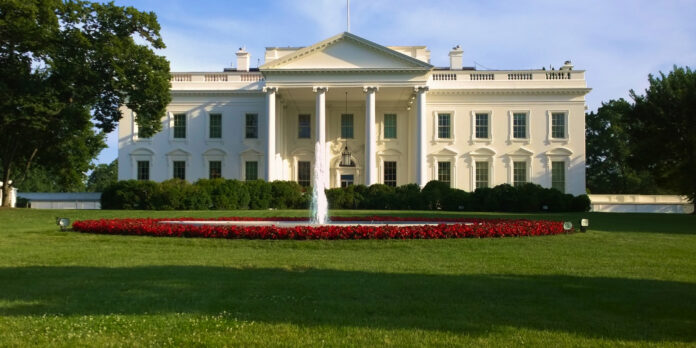The Biden administration’s bold move to slash drug prices through patent overrides has ignited a fierce battle with pharmaceutical giants, universities, and various stakeholders, who argue the plan threatens innovation.
White House Patent Plan To Curb Drug Prices Draws Outcry: Pushback Galore
Over 50,000 comments flooded in by the Tuesday deadline, revealing a deeply divided landscape. While some hailed the proposal, others demanded its withdrawal, citing potential adverse effects on innovation.
White House Patent Plan To Curb Drug Prices Draws Outcry: March-in Rights Under Scrutiny
At the heart of the controversy are the so-called march-in rights, allowing the government to license patents developed with federal funding if the product isn’t available to the public on reasonable terms. The administration proposed using pricing as a decisive factor, contending that taxpayer-funded medications should be accessible and affordable.
White House Patent Plan To Curb Drug Prices Draws Outcry: Industry’s Roar of Dissent
The pharmaceutical industry’s outcry was deafening. The Pharmaceutical Research and Manufacturers of America warned of “uncertainty” and a chilling effect on investment, while the Biotechnology Innovation Organization feared it would stifle private sector interest in federally supported innovations.
Universities on Edge
Universities, major recipients of government research funding, also raised alarms. They argued the plan would disrupt the system established by the Bayh-Dole Act, jeopardizing vital collaborations and public-private partnerships.
Unintended Ripple Effects
Critics cautioned that the proposal’s impact could extend far beyond the pharmaceutical realm, potentially chilling innovation across various sectors. The Business Roundtable and the National Association of Manufacturers warned of dire consequences for future partnerships and economic vitality.
Intellectual Property Quagmire
Intellectual property groups highlighted administrative burdens and uncertainties, while former federal officials cautioned against unintended consequences, foreseeing a landscape ripe for litigation and predatory tactics.
Cautious Nods Amidst Concerns
Despite the storm of dissent, the proposal found some support. The Federal Trade Commission applauded the move, emphasizing the need for affordable access to prescription drugs. Several lawmakers, including Senators Sanders and Warren, expressed backing for the initiative but urged vigilance in its execution.
Uncertain Horizon
As the debate rages on, the fate of the Biden administration’s patent plan hangs in the balance. While it promises a remedy to soaring drug prices, concerns linger over its potential to stifle innovation and ignite legal battles across industries.



